Our guide to making more sustainable choices
2018 saw the media and public turn its attention to the environment. We think 2019 is the year for change. We’re sharing our little black book of big green contacts to help you make lasting changes to your environment.

Intense flash floods, crop-withering droughts, unrelenting wildfires and town-ravaging superstorms. These are not scenes from a Hollywood disaster film, but just some of the newsflashes we saw throughout 2018. For decades we’ve known human actions would cause very real climate change – change that is, today, reaching a critical point and can no longer be ignored. We are within 0.5 degrees of a temperature threshold that climate experts are warning will cause significant and widespread changes to the world as we know it.
According to an unprecedented report from the UN Intergovernmental Panel on Climate Change (IPCC) we are now at the stage where “rapid, far-reaching and unprecedented changes in all aspects of society are needed” if we are to avoid catastrophic levels of global warming. We’re talking the kind of warming that completely destroys the world’s coral reefs, melts the entire arctic ice sheet and ensures island communities disappear under rising tides.
Psychologists have come up with the term “statistical numbing” to describe our decreasing empathy when faced with widespread tragedy. There’s no doubt we feel helpless when confronted with a problem of this scale. The fossil fuel industry’s clout remains strong, and policy makers have preferred incremental action over any binding roadmap that brings us closer toward a society that manages not to burn fossil fuels. A transition will not happen overnight.
The science on the dangers of excessive emissions is conclusive. Lesser known is that in the early 80’s policy makers nearly reached a far-reaching global action plan. We must again work to bridge the gap between science and policy.
Faced with these stark warnings, governments and brands both small and large are taking positive steps to adopt sustainable practices. The EU has implemented a Circular Economy Package, a step in the right direction. In 2019, 170 countries will begin the phase out of HFCs, a common refrigerant with 9000 times the warming power of CO2, found in fridges and air conditioning units. Consumer goods giant Unilever has promised to source all of its materials sustainably by 2020, cut single use plastic in the UK by 2025 and be carbon positive by 2030. At last September’s Global Climate Action Summit, car manufacturers from around the world pledged to invest more in electric energy.
At RECONO.me we’re all about solutions. While saving the planet sounds like a big ask, we’ve put together a list of high impact actions you can take that will make a difference, not just to the planet but to your wellbeing and your bank balance too. From adjusting our diets to rethinking the way we dispose of our rubbish, here’s how you can shrink your carbon footprint, reduce waste and even save some pennies in the process.
1. Eat less meat
University of Oxford researchers revealed the huge footprint of livestock in an extensive study – “it provides just 18% of calories but takes up 83% of farmland,” making avoiding meat and dairy the “single biggest way to reduce your impact on planet earth.”
But it’s not just what you eat but where it comes from that matters. Consuming 100 g of beef raised on deforested land produces 105 kg of greenhouse gasses (that’s the equivalent of driving 415 km in a car) – an alarming figure even before considering much of what cows release is Methane, a greenhouse gas 23 times more potent than CO2.
In the UK, more than a quarter of meals now contain no meat or fish, thanks in part to the availability of meat alternatives like Quorn and the rise in vegan joints such as Temple of Seitan and Big V London. Tesco has started to sell The Beyond Burger in the chilled meat aisle alongside animal-based proteins. If going vegan is a daunting prospect, try Meat Free Mondays of find veggie recipe inspiration at veganuary.com, and use the BBC’s food carbon footprint calculator to see how you can reduce your diet’s impact.
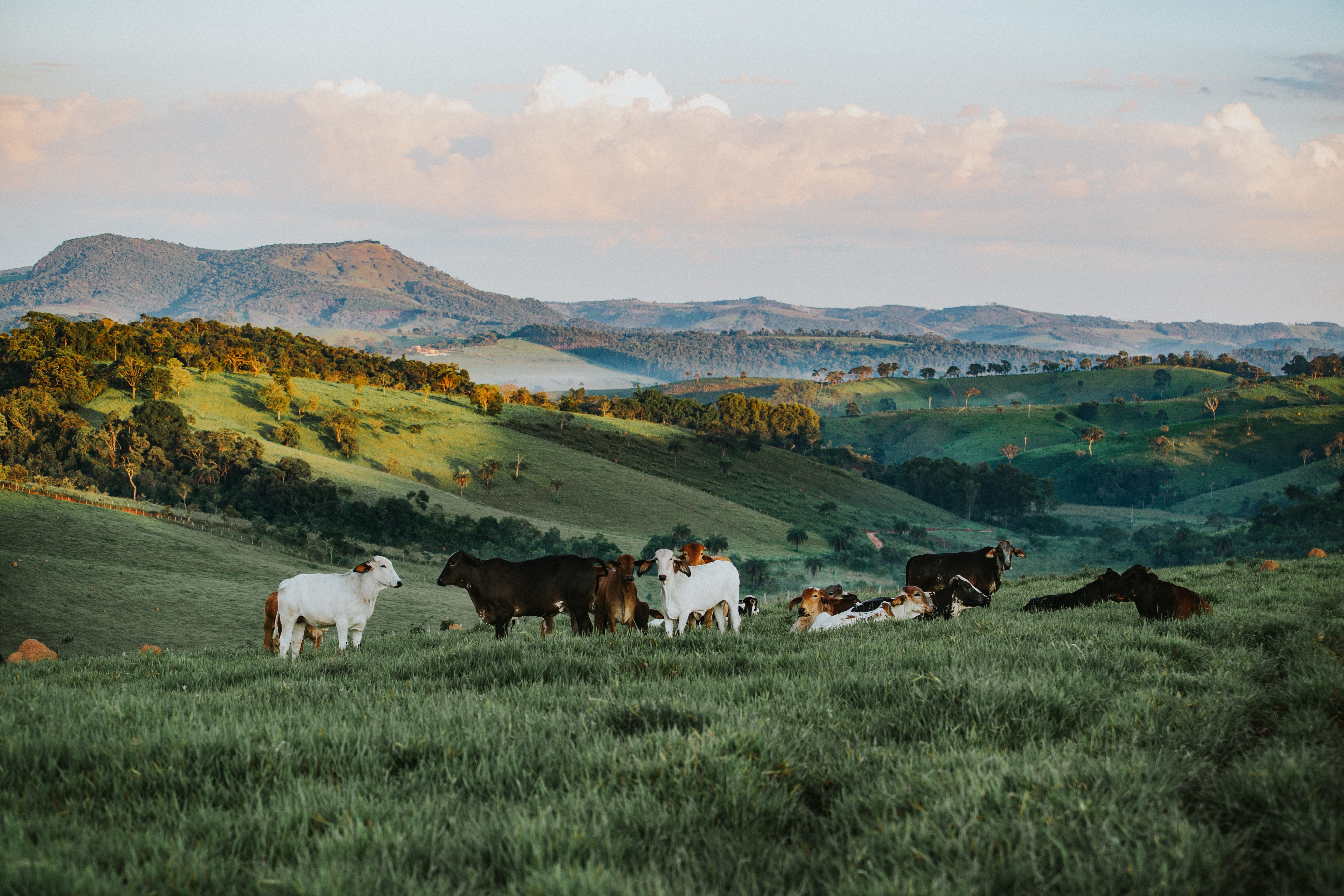
2. Switch to a green energy supplier
Experts say we need to slash CO2 emissions almost in half (45%) by 2030. How? By replacing fossil fuel-derived oil, carbon and gas with renewables. Green energy suppliers Bulb and Octopus Energy are cheaper than the big six and offer 100% renewable energy without tying customers into pricey contracts. Find the cheapest tariff for your area using Big Green Switch.

3. Play it cool
Household heating is said to contribute 20% of the UK’s emissions. As well as providing tips on home insulation, the Energy Saving Trust says you only need to turn down the thermostat by 1 °C to slash CO2 emissions by 300 kg per year – the £75 saving on your bill is a good motivator too.

4. Put your money where your mouth is
To help you invest in companies leading the sustainable charge, Wealthsimple and Nutmegoffer Environmental, Social, Governance funds – Wealthsimple’s accounts do not require any minimum deposit. SEIS and EIS tax reliefs are offered to investors in UK-based start-ups, if you have one in mind, double-check your funds qualify. Seedrs and Crowdcube are popular crowdfunding websites, you can invest in Seedr’s annual sustainable accelerator.

5. Calculate your carbon footprint and buy UN Certified Emissions Reductions (CERs) offsets
Use Climate Neutral Now to calculate your household’s carbon footprint. Despairing at the result? You can use the nifty tool to offset those unavoidable emissions by investing in the extensive list of climate-friendly companies, who are disrupting the status-quo with projects that reduce, avoid or remove greenhouse gas emissions from the atmosphere. Track your carbon footprint and earn rewards to save money by using smart apps such as Oroeco, which also offers personalised tips.
Moving away from a throw-away society to one where we value the materials used to make our stuff is crucial if we are to achieve a more holistic, circular economy. Here are some pointers to get you started on your zero waste journey.
6. Love food, hate waste
If food waste were a country it would be the third biggest emitter of greenhouse gasses. If your council doesn’t already provide it, pester your MP for a food waste collection. In the meantime, download Too Good to Go to get your hands on surplus food at discount prices or Olio to share your spare grub with your neighbours.
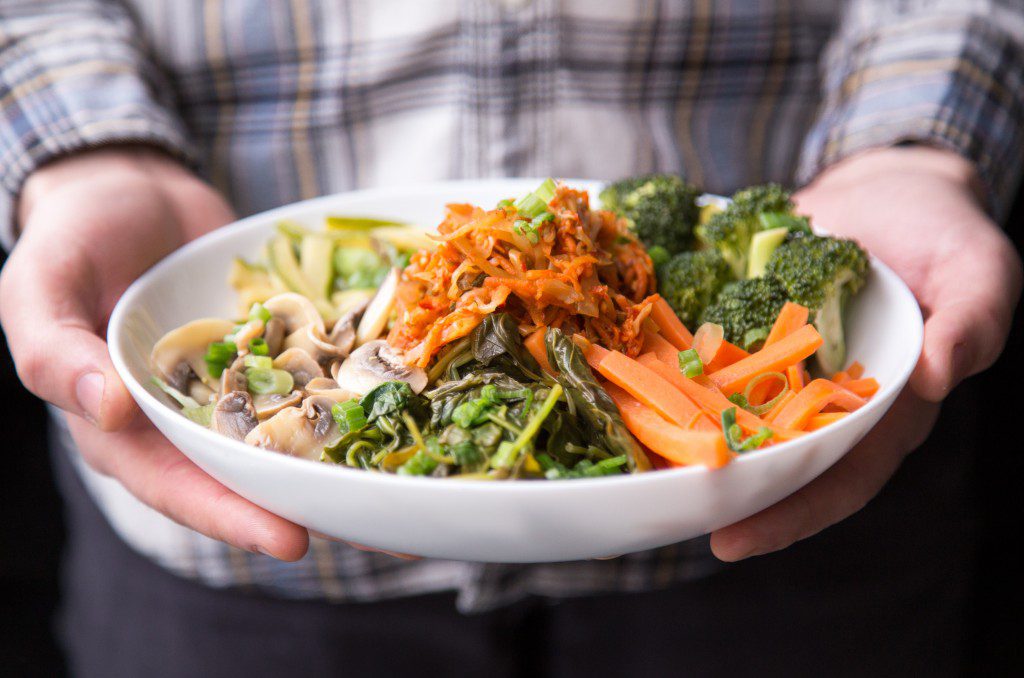
7. Cut your water usage
With many countries facing severe drought, it’s worth looking into how you can reduce your water usage. Switching to a Thames Water smart meter can save water and money – it also delivers a range of free gadgets, such as a handy shower timer that’ll help you save as well.
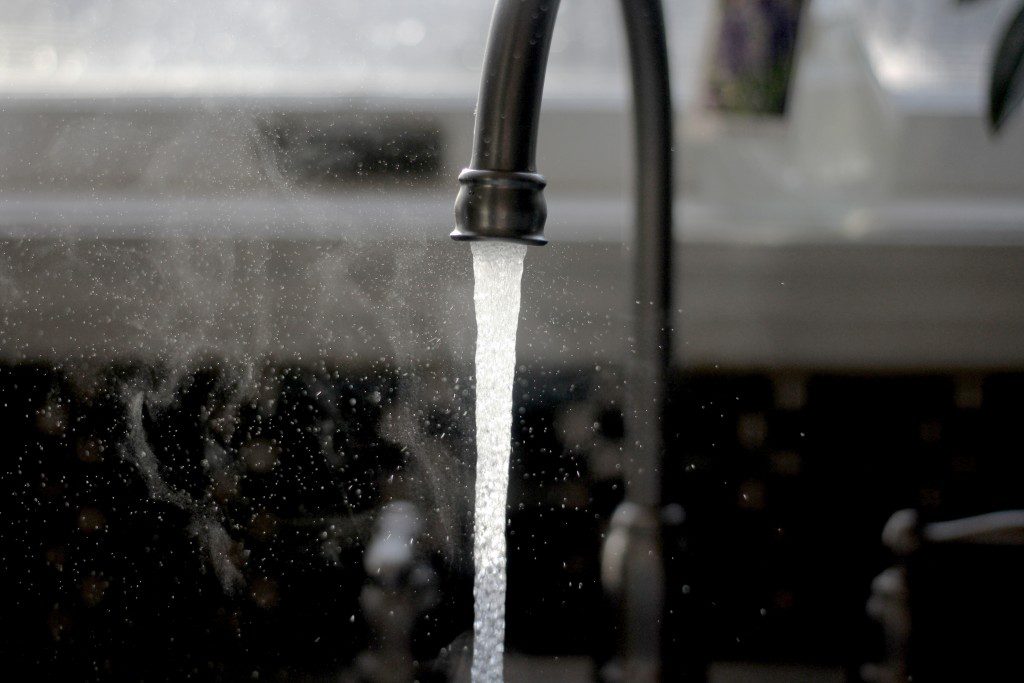
8. Become a pro-recycler
Making cans from recycled Aluminium saves 92% of the energy consumed when using only raw materials. Sorting our waste into the correct colour coded bins means more material can be recycled and we generate less pollution from extracting raw materials. Contamination happens when a non-recyclable material like food is placed together with recycling. It often means the entire load must be binned after collection. Brush up on what your local council takes and find London-based recycling tips on Recycle Now, Recycle for London, Recycling Guide and Junkwize.
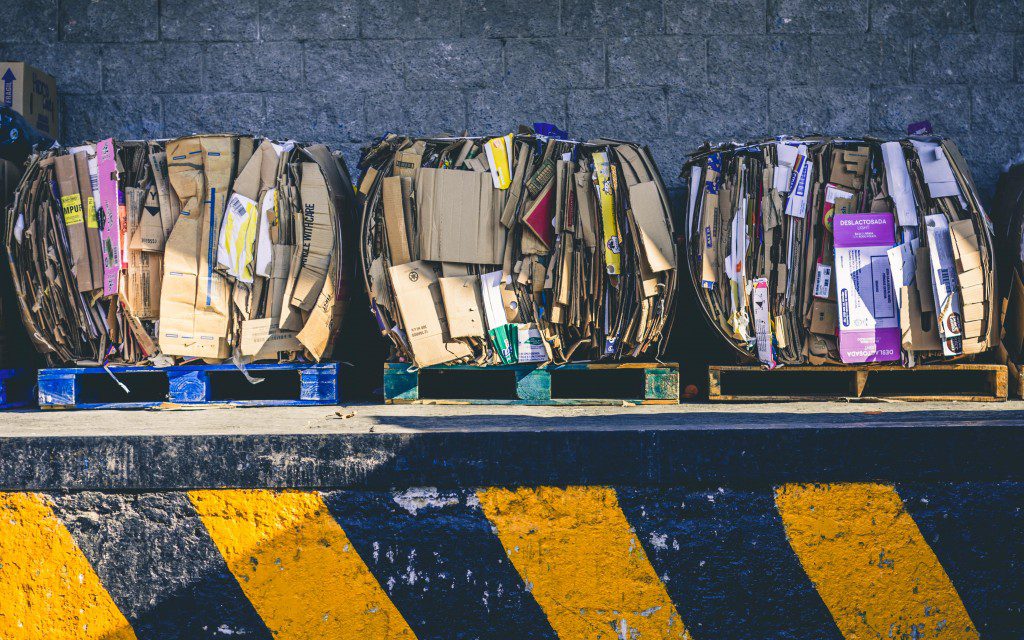
9. Dispose of your old electronics the smart way
The UK is the world’s fifth biggest producer of e-waste. At RECONO.me we specialise in preventing gadgets from needlessly going into the bin. Just book a free collection, and our technicians wipe your data before repairing, upgrading, donating or recycling devices at our Leytonstone workshop. We’ll even buy your newer devices if they’re in good nick
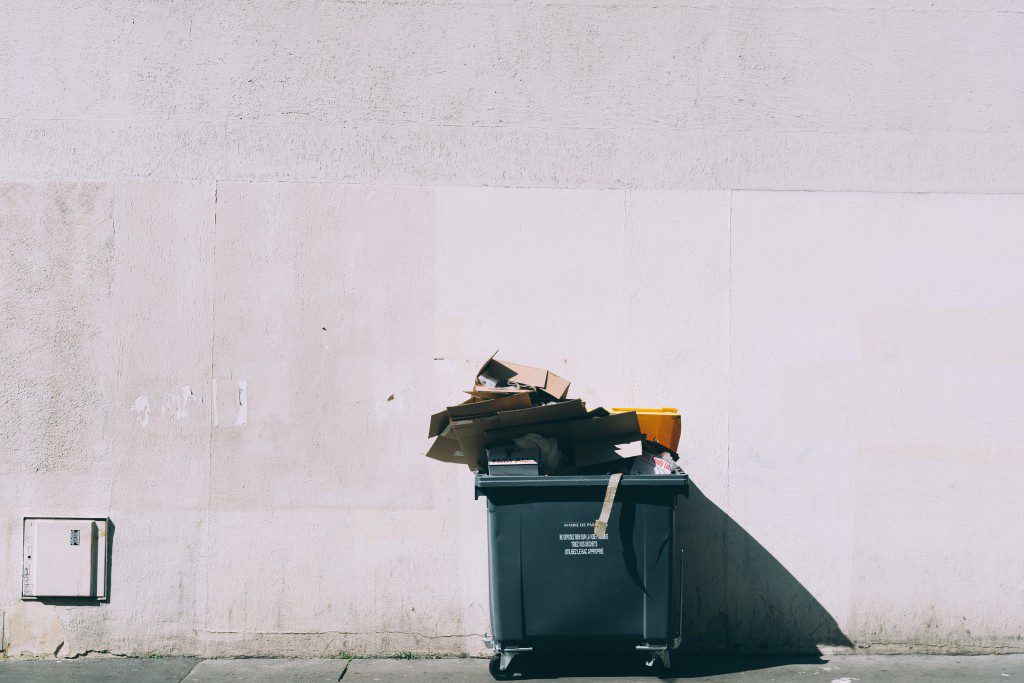
10. Don’t bin your batteries
From February 2010, UK shops selling more than 32kg of batteries a year (approx 345 x four-packs of AA batteries) have to provide battery recycling collection bins in store. Boots, major supermarkets and many electronics retailers take them.
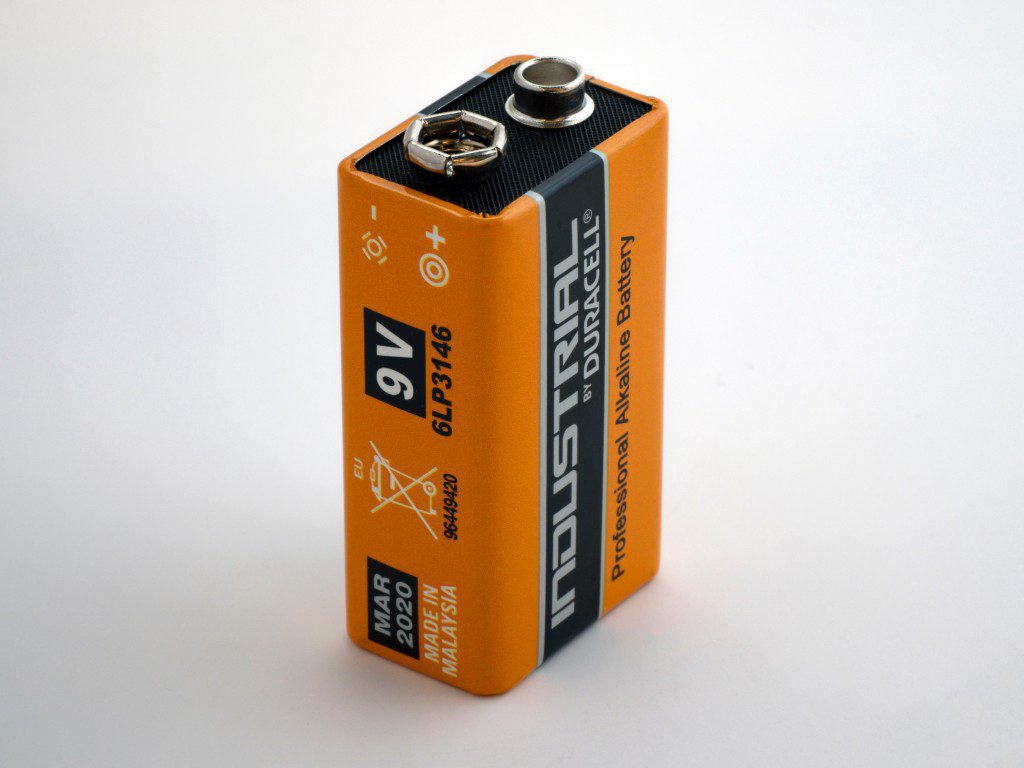
11. Get your Whitegoods refurbished
Environmental company Groundwork run Rework, a refurbishing programme for your old appliances. Instead of consigning whitegoods to landfill, it carries out repairs and resells them. Use the Furniture Re-Use Network to find out where you can take your used goods.
12. Give your old furniture a new home:
According to figures released by WRAP, approximately 42 per cent of bulky waste is furniture. Charities such as the British Heart Foundation and Emmaus offer free furniture collections while networks such as Street Bank, Freecycle and Freegle encourage users to give away their stuff for free.

13. Make do and mend
Don’t ditch those favourite jeans before trying to fix them. If you don’t have the sewing skills, there are plenty in London who do. Son of a Stag and Mayfair’s Stitchcraft, West Hampstead’s Manuela Alterations, Fulham’s Golden Stitches, Leyton’s No One Famous Tailoring, King’s Cross’s vintage alteration specialist Splendid Stitches and Camden’s Stitch and Clean all offer top notch repair services. Fancy giving the sewing machine a twirl? Fabrications, Traid and Saturday Sewing Session run classes.
Take that broken laptop or vacuum cleaner to a Repair Cafe near you where expert volunteers will have it working like new in no time. The Restart Project is fighting hard to win your “right to repair” and regularly organise popular local community events that have caught on across the UK.
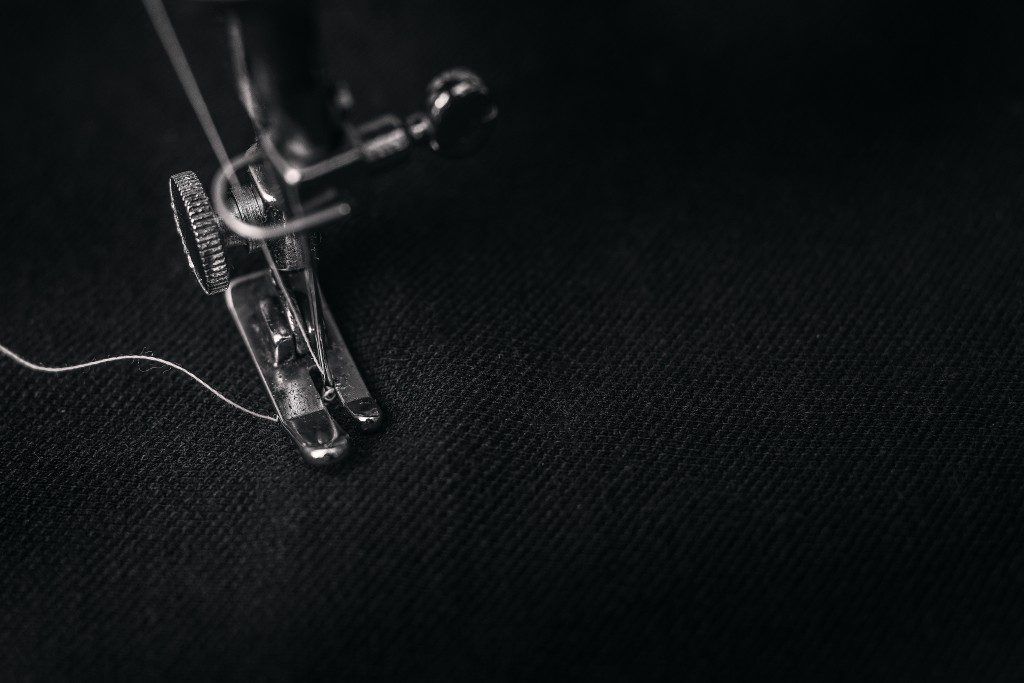
14. Get rewarded for recycling clothes
As well as adopting Vivienne Westwood’s mantra “buy less, choose well, make it last”, it’s worth downloading the reGAIN app, which allows you to recycle your worn out garb in exchange for discounts. H&M, Levis, M&S and & Other Stories run similar schemes for clothes while Readorn London gives out vouchers for your unwanted/broken jewellery.
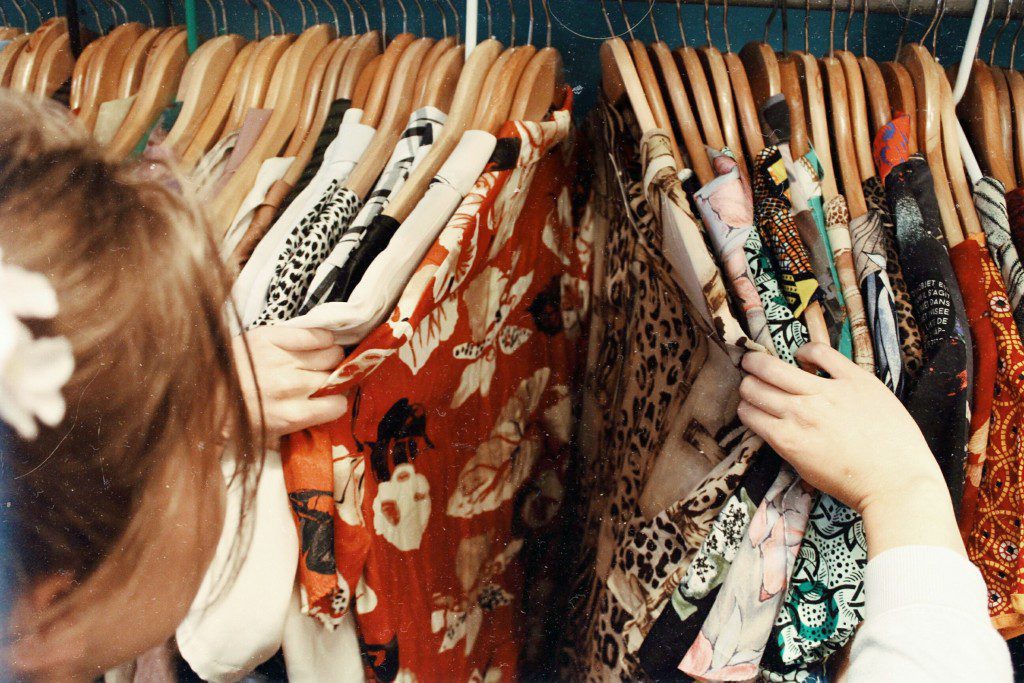
15. Buy in bulk
Shrink your single-use plastic waste by swapping your supermarket shop for zero waste stores, local delis and markets. Don’t forget to pack a tote bag and containers for your plastic-free goods.
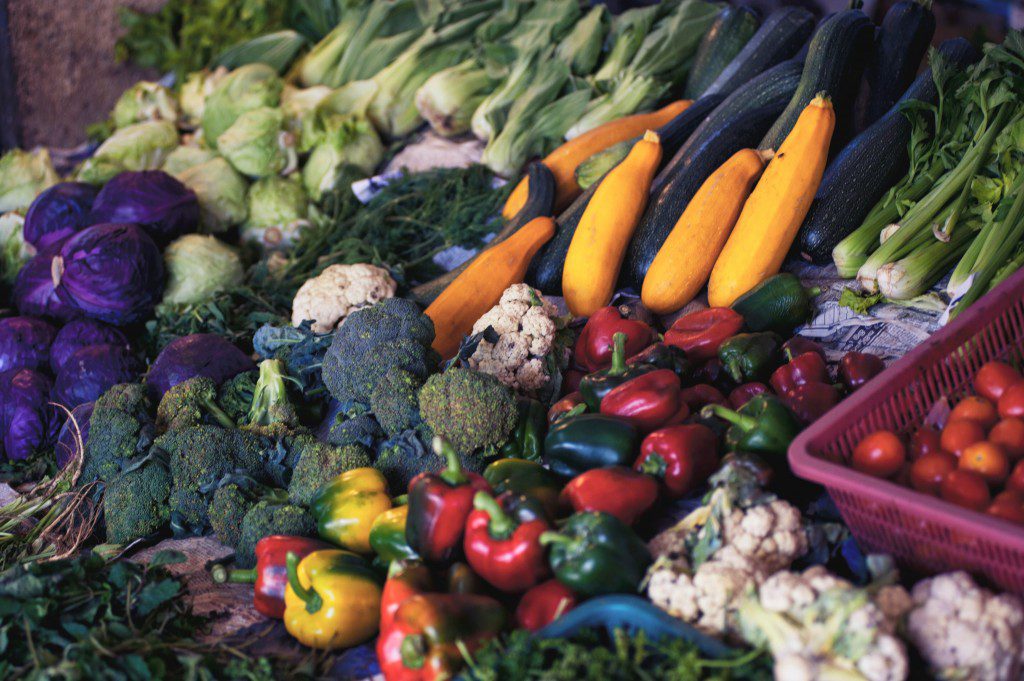
16. Send your non recyclable waste to Terracycle and Enval
Specialising in hard to recycle waste, Terracycle is currently offering free recycling programmes for cigarette-related waste, beauty packaging and snack wrappers. Just print off a free shipping label and send it their way. Got pets? Enval recycles those pesky pet food pouches.